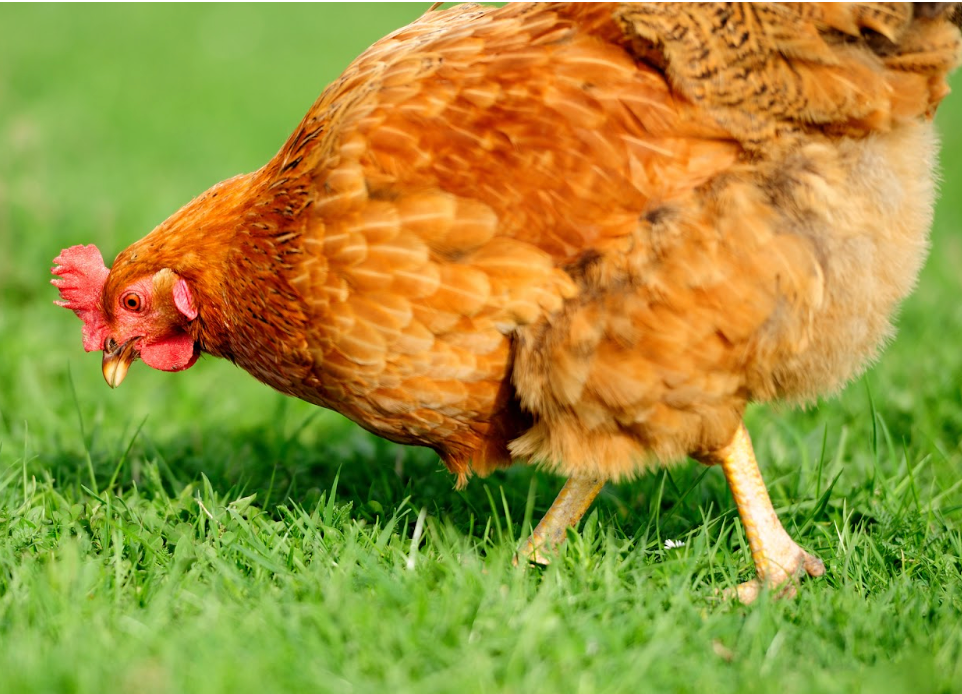Raising chickens can be a rewarding experience, whether you're managing a small backyard flock or operating a full-scale farm. But before you start building coops or collecting eggs, there's one critical decision you need to make: choosing the right chicken breeds. The breed—or combination of breeds—you choose will significantly impact your flock’s productivity, temperament, care needs, and overall success.
Included in this article, you’ll find practical tools and guidance to support your chicken-raising journey. But before picking out feeders and waterers, it's important to understand which birds will best suit your specific goals.
1. Start With Your Purpose
First, ask yourself: What do I want from my chickens? Most breeds fall into one of three categories:
- Egg layers – High-producing breeds like Leghorns, Australorps, and ISA Browns are ideal if egg production is your main priority.
- Meat birds – Broiler breeds such as Cornish Cross grow quickly and yield a high amount of meat.
-
Dual-purpose breeds – If you're looking for a balance of eggs and meat, breeds like Rhode Island Reds, Orpingtons, and Plymouth Rocks are excellent options.
Knowing your primary goal will help narrow down the best breed (or mix of breeds) for your operation.
2. Consider Your Climate
Chickens are surprisingly hardy, but not all breeds handle temperature extremes equally. Cold-hardy breeds like Wyandottes and Buff Orpingtons have thick plumage and can thrive in northern climates. Meanwhile, heat-tolerant breeds such as Leghorns and Andalusians are better suited for hot, humid areas.
Choose breeds that are known to perform well in your region’s typical weather to reduce stress on your flock and ensure better productivity.
3. Temperament Matters
If you're raising chickens in a family-friendly environment or have kids helping with chores, docile and friendly breeds like Cochins, Sussex, or Silkies are great picks. For more independent or production-focused farms, temperament may be less important, though overly aggressive birds can still be problematic.
4. Egg Color and Frequency
Some farmers enjoy having a colorful egg basket, and breed choice plays a huge role here. Easter Eggers and Ameraucanas lay beautiful blue and green eggs, while Marans produce rich, chocolate-brown eggs. If your farm business includes selling eggs at markets or local shops, a variety of egg colors can be a fun, appealing selling point.
5. Think About Space and Setup
Before purchasing your birds, assess how much space and infrastructure you have. Some breeds, like bantams, require less room and are ideal for smaller setups. Others, like larger meat birds or active foragers, may need more space and fencing to roam and thrive.
Ultimately, choosing the right chicken breeds comes down to your farm's goals, environment, and daily operations. Once you've selected your birds, tools including automatic waterers, nesting boxes, and mobile coops—can help simplify care and boost efficiency.
With the right combination of breeds and gear, your flock will not only survive—but thrive!
–
Written by staff writers from HappyWriters.co




0 comentarios